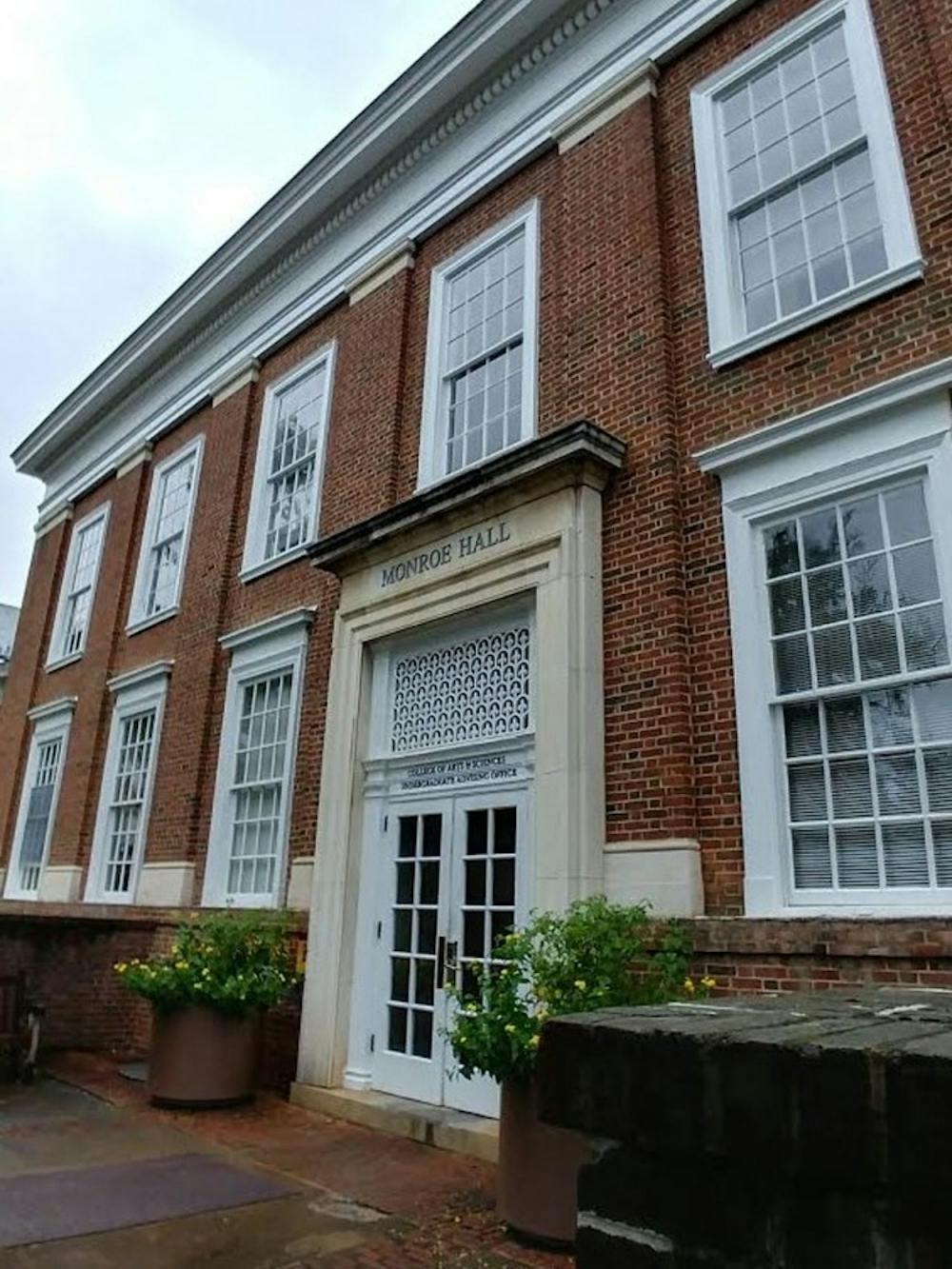Viewpoint Writer Hunter Hess argued earlier this week that the New College Curriculum fails to deliver on its promises and falls short of expectations. While this view is shared by many students of the Curriculum, it cannot be further from the truth. The disenchantment some students feel with the New College Curriculum is not due to a failure on the Curriculum’s part but rather on the part of the students. There is a fundamental misunderstanding among students regarding the intent of the New College Curriculum — specifically the role of Engagements and their affiliated discussion sections. Fresh out of high school, students have been taught to expect courses with strict structures and guidelines, as well as a neat conclusion to the topic explored. The New College Curriculum inherently does not offer this, but that’s the whole point.
Hess argues the lack of an “identifiable unifying factor among the Engagements” prevents a true curriculum from existing. This perfectly exemplifies the misunderstandings of many New College Curriculum students. The New College Curriculum intends to free students’ minds from the confines they have been placed into during their prior education. Aesthetic Engagements seek to examine relationships between abstract ideas and tangible life. Empirical Engagements seek to explore complex issues of science, morality and faith. Difference Engagements seek to evaluate identities and cultural differences, and Ethical Engagements seek to question our ethical norms. These courses ask questions without answers. Students cannot approach these courses with the same mindset they had in high school.
As a New College Curriculum student myself, I can say that it has truly been one of the most fulfilling parts of my experience at the University thus far. Perhaps I got lucky in my course selection, but each of my four Engagements has prompted me to question what I thought I knew and has expanded my view beyond what high school or a traditional college experience could offer. I’ve unpacked the relationships between art and anthropogenic extinction with Adrienne Ghaly, questioned the role nationalism should play in our increasingly cosmopolitan world with Prof. Siva Vaidhyanathan, examined the role of social media in the social movements of history with Assoc. Prof. Jalane Schmidt and Prof. Andrea Press and currently I’m exploring the far reaches of our universe with Kelsey Johnson — and occasionally her dog. I’ve reviewed works of art, literature and science from all around the world. I’ve heard from individuals at the frontlines of past and present social movements, like Women Organizing Against Sexual Harassment at the University of California, Berkeley and Occupy Wall Street.
My professors in New College Curriculum have been preeminent researchers in their fields, world-renowned cultural journalists, local Charlottesville activists and astrophysicists coordinating global interstellar research projects. It is truly impossible to group such a diverse and interdisciplinary faculty under a single roof to form the “unifying factor” Hess seeks. That’s the point. The New College Curriculum pushes students to the boundaries of art, science, culture and ethics to explore widely different fields in an attempt to not only prepare them for future University courses but to prepare them to be innovators in our society.
Hess also makes a point of saying the combined-section discussions are rushed and lack a direct connection to the course itself. Yet another misunderstanding is embodied in this argument. Discussion sections for the New College Curriculum are not intended to supplement the main Engagement course — they exist to foster environments of non-judgemental dialogue. They are not intended to be the neatly planned courses which first-years have come to expect, instead they are academic abstractions and act as dynamic seminars rather than traditional discussions. They required students to put in a significant mental effort in order to function effectively — apathy will not yield results. Moreover, the discussions are currently being evaluated by the College Fellows — those responsible for the format of the New College Curriculum — and will likely be altered or replaced in the coming academic year, just as they have been changed previously. The New College Curriculum is not finalized, and it cannot be judged as such.
The New College Curriculum is an incredible feat of our faculty’s ingenuity and innovative approach to education. It isn’t perfect, but with due process and review it could become the new standard for higher education. As students of the New College Curriculum, we have a unique opportunity to shape the future of the University and a duty to future classes to ensure their educational experience remains unparalleled.
Noah Strike is a first-year student in the New College Curriculum.







